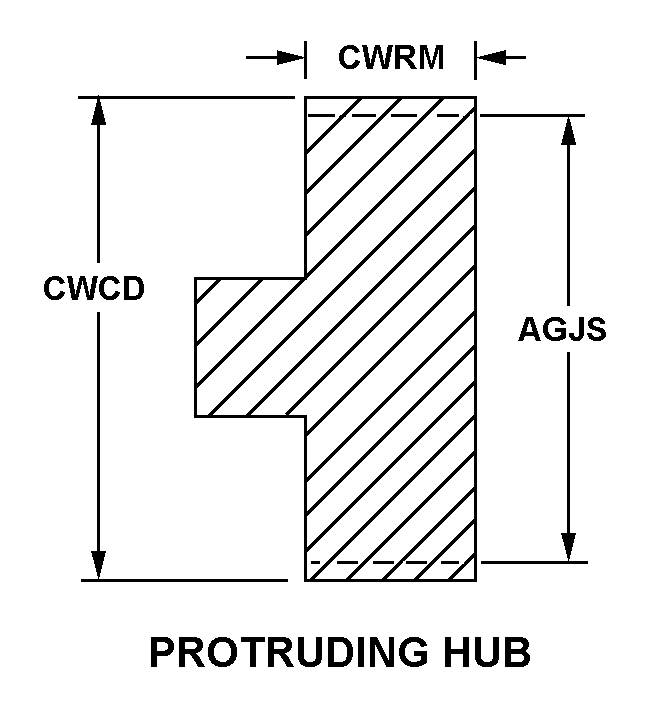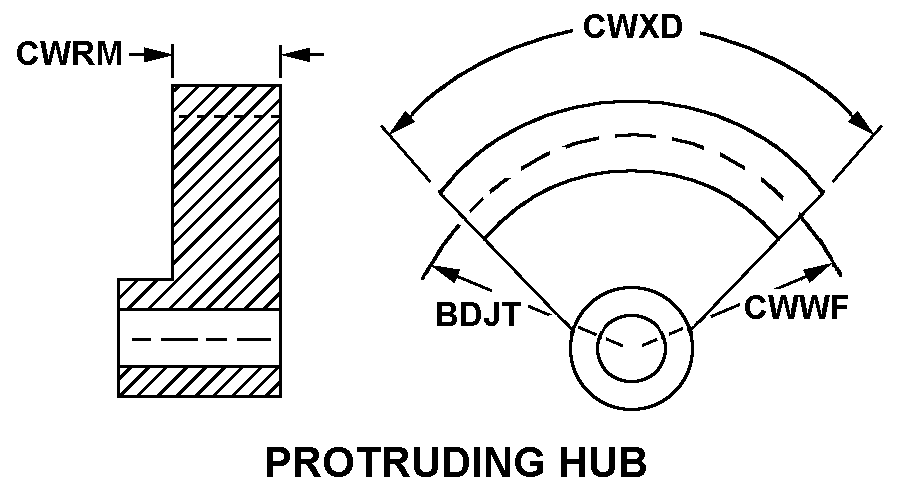3020000342060
Price Quote Get an up to date pricing and availability quote for this product. Order online or over the phone.
Quality Commitment
Serving our customers with quality and safety first.
- AS9120 Certified
- Audited supply chain
- ITAR Registered
- DDTC Registered
- HAZMAT Certified
- Customer service objectives
- Every product 100% inspected

3020-00-034-2060 Specification Set by the OEM (see RNCC code 3)
clamp
1.3542in.
130
plain both ends
1.3750in.
0.325in.
standard
20.0000 degrees
0.221in. first end
0.104in.
0.120in. both ends
1 step first end
0.250in. first end
0.187in. first end
0.031in. first end
0.250in. first end
steel corrosion resisting hub
QQ-A-225/6, alloy 2024, T4 fed spec single material response body
passivate hub
MIL-A-8625, type 2 mil spec single treatment response body
protruding hub
Cross Reference Parts Part numbers that meet the specification outlined on this page and set by the OEM
Identification Item Identification Guide (IIG) and Item Name Code (INC)


Definition Definition of approved item name (AIN): "GEAR,ANTIBACKLASH,SPUR"
An item having one fixed gear and one free gear, both having the same complement of spur gear teeth, mounted on a common hub. The free gear is attached to the fixed gear by springs and operates as one gear. Upon installation with the mating gear, the teeth of the free moving gear are preset to mesh with teeth other than those of the fixed gear. This spring tension between the fixed gear and the free gear eliminates any free motion between the driver and the driven gear. The gear is used where identical and accurate transmitted motion between gears is required.
3020-00-034-2060 Material Hazmat, Precious Metals, Criticality, Enviroment, and ESD
Indicates there is no data in the hmirs and the nsn is in a fsc not generally suspected of containing hazardous materials.
Precious metal content is unknown
The item does not have a nuclear hardened feature or any other critical feature such as tolerance, fit restriction or application.
Identification Codes
HMIC: Hazardous Material Indicator Code. A one position code that identifies a hazardous item.
PMIC: Precious Metal Indicator Code. A one position code which identifies items that have precious metals as part of their content. precious metals are those metals generally considered to be uncommon, highly valuable, and relatively superior in certain properties such as resistance to corrosion and electrical conductivity.
ESD: Electrostatic Discharge. Indicates if an item is susceptible to electrostatic discharge or electromagnetic interference damage. electrostatic discharge damage occurs when an accumulation of static electricity generated by the relative motion or separation of materials is released to another item by direct contact. electromagnetic interference damage occurs when an item comes into proximity with an electrostatic or magnetic field.
ENAC: Enviromental Attribute Code. Identifies items with environmentally preferred characteristics.
CRITL: Criticality Indicator Code. Indicates an item is technically critical by tolerance, fit, application, nuclear hardness properties, or other characteristics.






